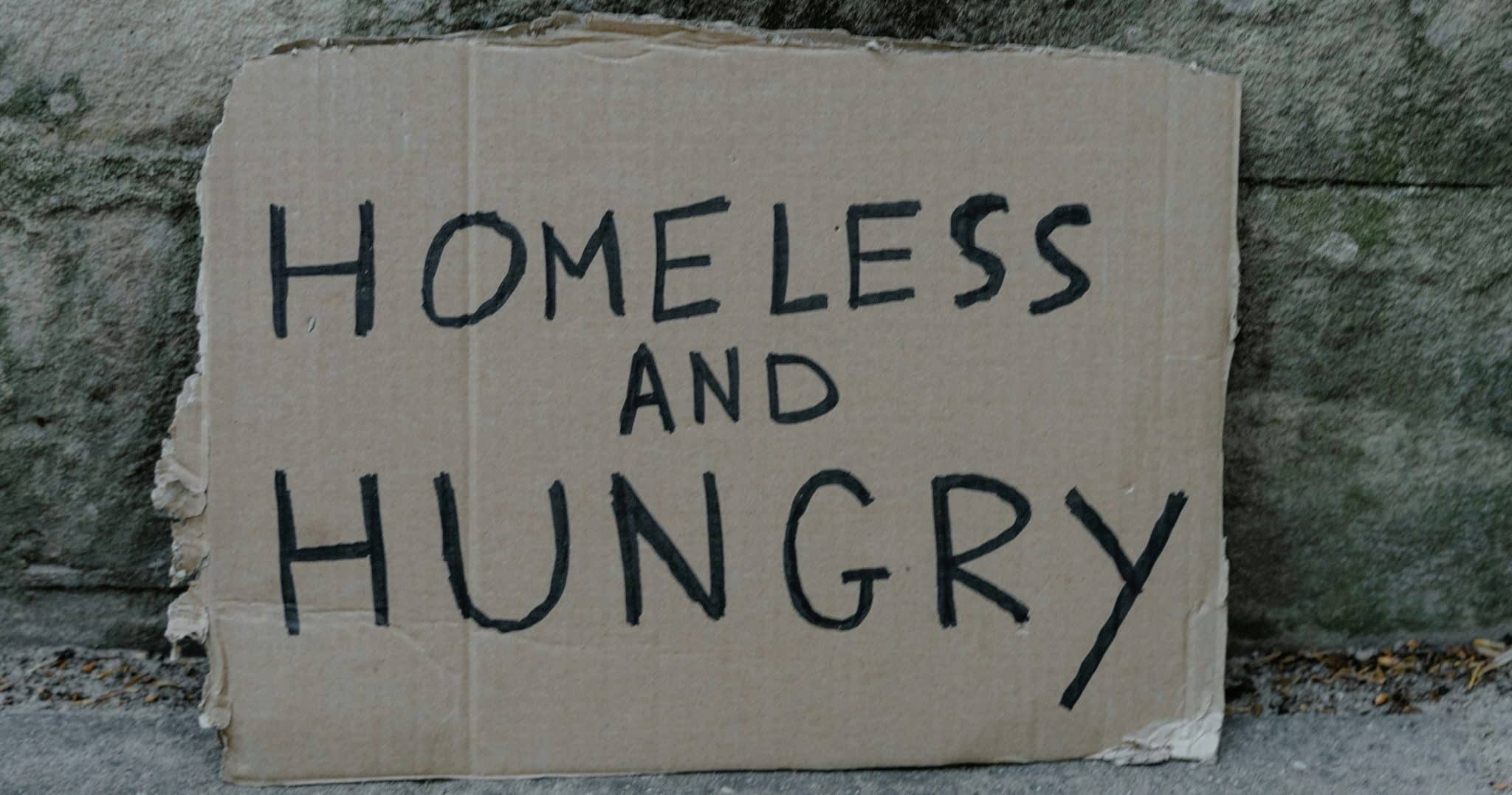China to ban foreigners and unlicensed outfits from sharing religious content online from March 1
by Janice Tai // January 5, 2022, 8:32 pm

Only outfits which are “legally established” and whose representative is a mainland resident with Chinese nationality will be eligible for a license, among other conditions. Photo by Melissa on Unsplash.
In less than two months (March 1), it will be illegal for foreigners or any unlicensed religious group to disseminate religious content online in China.
Early last month, the National Religious Affairs Administration announced China’s new regulations, called “Measures for the Administration of Internet Religious Information Services”, which it says is aimed at safeguarding national security and ideology.
The law mandates a license for any religious group that wants to disseminate religious content on the internet.
The new rules are the first of their kind in tightening control of online religious content. They were announced two weeks after Chinese President Xi Jinping attended a national religious work conference where he called on China to “strengthen the management of online religious affairs”.
Under the new rules, the law mandates an “Internet Religious Information Service License” for any religious group that wants to disseminate religious content on the internet. Such content include religious ceremonies or doctrines that are shared in the form of texts, pictures, audio and videos through websites, applications, forums, blogs, microblogs, public accounts, instant messaging tools and webcasts, according to measures spelled out on the National Religious Affairs Administration website.
Only outfits which are “legally established” and whose representative is a mainland resident with Chinese nationality will be eligible for a license, among other conditions. The license is valid for three years; re-application is required when it expires.
The “legally established” groups are likely to cover only the five state-sanctioned religious groups in China: the Buddhist Association of China, the Chinese Taoist Association, the Islamic Association of China, the Protestant Three-Self Patriotic Movement and the Chinese Patriotic Catholic Association, noted The Christian Post.
Closing doors
Overseas organisations or individuals, as well as their organisations that are established in China, cannot disseminate religious information within China.
Open Doors USA, which covers persecution in over 60 countries, estimates that China has more than 97 million Christians, many of whom worship in unregistered or so-called “illegal” underground churches.
Overseas organisations or individuals … cannot disseminate religious information within China.
Last May, when another set of regulations on religion went into effect in China, the US-based persecution watchdog International Christian Concern reported that communist authorities had removed Bible apps and Christian WeChat public accounts.
Under the new laws, any religious information that is shared online cannot contain content such as those that “oppose the leadership of the Chinese Communist Party, undermine the socialist system” or “induce minors to believe in religion, or organising or forcing minors to participate in religious activities.”
No unauthorised organisation or individual may upload teachings on the Internet, conduct religious education and training, publish lectures and sermons, or forward or link religion-related content. Religious activities cannot be organised or carried out on the Internet, and religious ceremonies such as worshipping Buddha, burning incense, taking ordination, chanting, worship, mass, and baptism are also not allowed to be broadcasted live or recorded in the form of text, pictures, audio and video.
Religious colleges and universities that have obtained the license can use their own dedicated Internet sites, applications and forums to conduct religious activities for only their own students.
No organisation or individual may establish religious organisations, religious schools and venues for religious activities, or develop followers on the internet. They are also banned from conducting online fundraising in the name of religion.
No unauthorised organisation or individual may upload teachings on the Internet, conduct religious education … or forward or link religion-related content.
The measures also stipulate that anyone who discovers information that violates the provisions of these measures are required to prevent the spread of the information, save relevant records, and report it to the relevant authority.
These measures, comprising five chapters and 36 articles, were decided upon by five bodies: National Religious Affairs Administration, Cyber Space Administration of China, Ministry of Industry and Information Technology, Ministry of Public Security and Ministry of State Security.
They were formulated in accordance to the laws and regulations under the Cyber Security Law of the People’s Republic of China, the Measures for the Administration of Internet Information Services and the Regulations on Religious Affairs.
China has been flagged for persecution of Christians by Open Doors USA’s 2021 World Watch List.
Implications for Christian workers in Singapore and China
Former and current Christian workers to China whom Salt&Light spoke to said they were not surprised by the new regulation.
“The country has never really lessened their persecution to our fellow brothers and sisters. In fact, the situation had changed for the worst since 2016,” said one such worker.
A female worker in Singapore said her conversations with her contacts in China are not religious in nature but are usually pre-evangelistic. Participants join her interest group through word-of-mouth and they do not post content online or openly publicise these meetings.
“The implication for us is that we will need to be watchful of the kind of conversations we have online, especially during the Good Friday, Easter and Christmas periods, so as to not be overly direct about the Good News. Over this Covid season, it has already been increasingly tough for workers to physically enter the country and it took us a while to pivot our work to online platforms,” she said.
“With this new regulation, it will definitely make it harder for us to engage with the people in the country and the risk of the work being jeopardised is heightened.”
Additional reporting by Cheryl Lew.
RELATED STORIES:
Novel Coronavirus: China’s pastors go digital to spur flock on to faith and prayer
We are an independent, non-profit organisation that relies on the generosity of our readers, such as yourself, to continue serving the kingdom. Every dollar donated goes directly back into our editorial coverage.
Would you consider partnering with us in our kingdom work by supporting us financially, either as a one-off donation, or a recurring pledge?
Support Salt&Light



